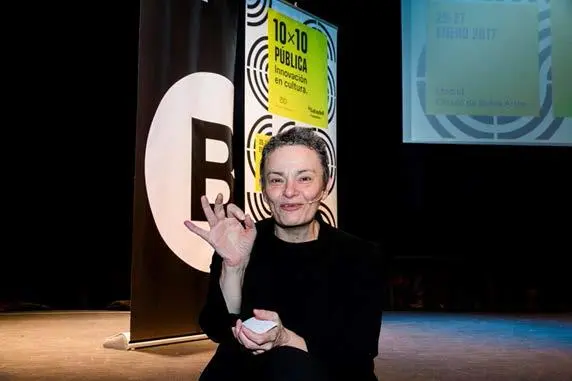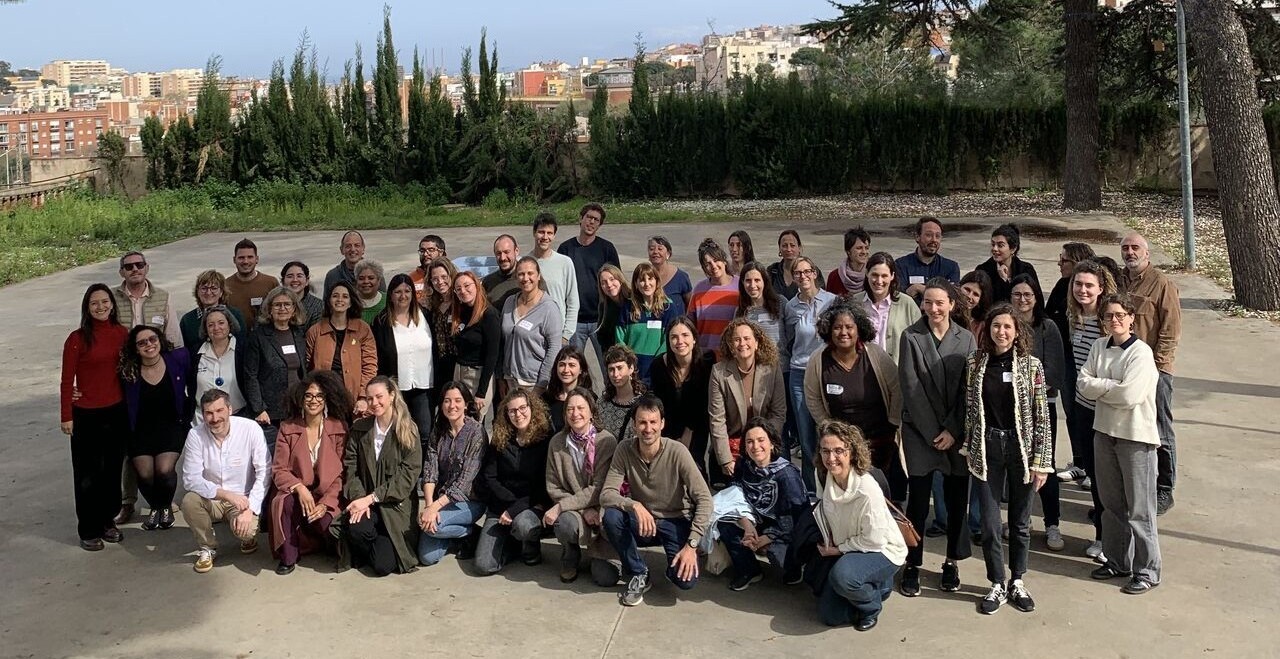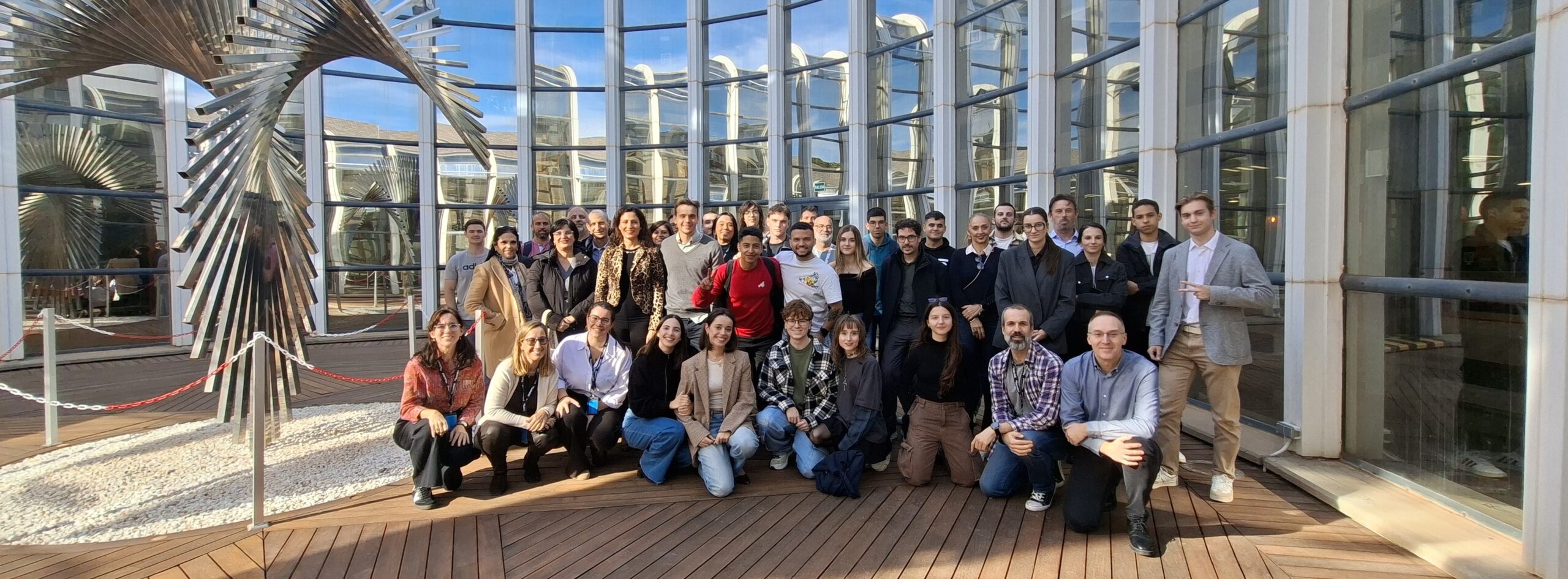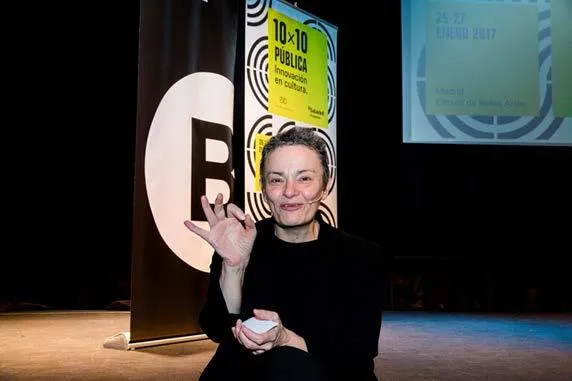
We are launching a brand new section called ‘Interview of the Week’, in which we interview some of the people involved in the projects with which we have cooperated. The aim is to show our activity from a point of view that is more closely and directly related to each of the projects. This week, we spoke to Antonella Broglia, curator of ‘10×10 Innovación en Cultura’, a platform that aims to support the most innovative cultural managers. This event is brought to you by Pública19 and will be held on Thursday January 31st at the Círculo de Bellas Artes in Madrid.
How has ‘10×10 Innovación en Cultura’ changed over the past 10 years? It has become an increasingly important meeting point between culture and social and environmental commitment. And, of course, it has incorporated more and more technology to address the challenges of sustainability.
In what ways do you think that these types of initiatives can help cultural managers? How do they contribute to cultural sharing? Firstly, by using tools to overcome loneliness and isolation. Cultural managers are often alone in dealing with problems that are in fact shared by all cultural mangers, and it is good to bring them together in these events. Having a support network of similar people is incredibly important. They can share those little projects, those cases of cultural entrepreneurship which would not have any visibility otherwise.
How would you describe the link between culture and innovation? I would describe it as a necessary union. If you do not innovate in a cultural project, it dies. This is something that holds true in all areas. Culture is more inextricably linked than ever to the world, to the social state, and it needs to innovate if it is to continue being relevant.
What have been the highlights for you in these past 10 years of ‘10×10’? All of those moments that have been celebrated by true fighters, by those people who create culture in containers, on rooftops and hair salons and who use the next-door neighbours’ electricity to organise an exhibition, because they simply have no other choice.



